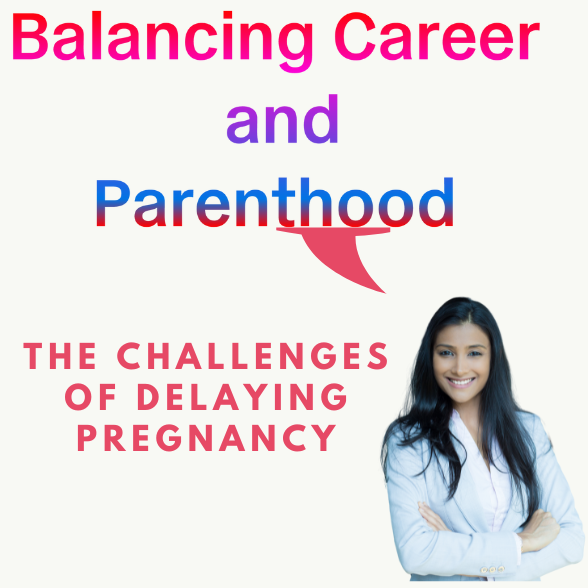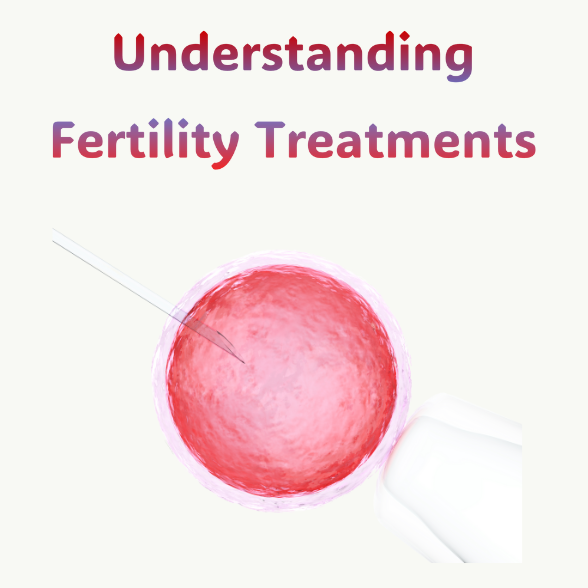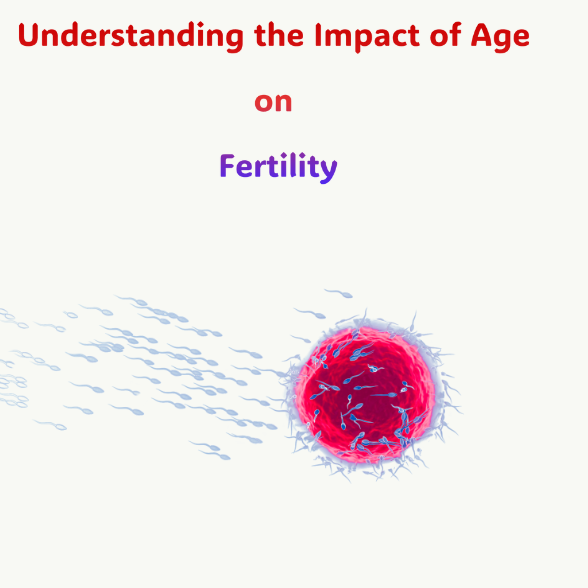Balancing Career and Reproduction: Navigating the Complexities of Delaying Pregnancy
In the contemporary landscape where career and family planning often intersect, many women face the intricate challenge of balancing professional success with the biological realities of fertility. This blog post delves into the implications of delaying pregnancy for career reasons and offers strategies for managing fertility treatments alongside professional aspirations.
– Dr. G. A. Ramaraju DNB PhD, Consultant Krishna IVF Clinic

Understanding the Impact of Age on Fertility

Fertility naturally declines as women age, with a noticeable decrease starting in the late 20s or early 30s and accelerating after 35. By age 40, the probability of conceiving naturally each month significantly diminishes due to the reduced quantity and quality of eggs. While reproductive technologies like IVF have advanced, age continues to be a significant factor affecting their success rates.
The Career-Fertility Dilemma
The peak years for career growth often coincide with a woman’s most fertile years. The drive to establish a professional identity can lead to postponing marriage and childbearing. Women must recognize how career choices impact their fertility and long-term family planning goals.
Strategies for Balancing Career and Reproduction
1. Early Planning and Consultation
Proactive planning is essential. Consulting with a fertility specialist early can provide valuable insights into reproductive health and fertility preservation options like egg freezing. This foresight allows women to align their family planning with their career path.
2. Understanding Fertility Treatments
Knowledge of fertility treatments and their age-related success rates is critical for those considering pregnancy later in life. While treatments such as IVF and donor egg IVF offer avenues to parenthood, their effectiveness varies with the patient’s age.
3. Creating a Supportive Work Environment
Advocating for workplace policies that accommodate work-life balance and reproductive health needs, including flexible hours and reproductive leave, can help women pursue fertility treatments without sacrificing career progression.
4. Seeking Emotional and Psychological Support
The emotional toll of juggling career goals with fertility treatments can be substantial. Support from counseling, support groups, or online communities can provide emotional relief and guidance through this challenging period.

5. Making Informed Decisions
The choice to delay pregnancy is deeply personal. Women should be equipped with thorough information about how age affects fertility and the available options, empowering them to make decisions that best suit their reproductive health and career objectives.
Conclusion
The quest to balance career ambitions with the desire for a family is a deeply personal and complex journey. Women can navigate this path more effectively by engaging in early planning, seeking professional guidance, and advocating for supportive work policies. Informed decision-making is critical to aligning personal and professional goals without compromising. As women traverse this path, access to comprehensive information, support, and understanding from professional and personal networks is indispensable.
